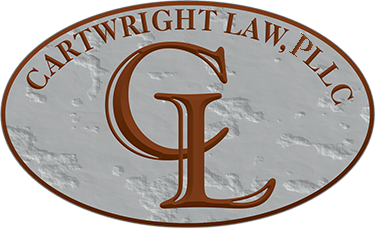Most people are familiar with slip and fall law suits. For business owners, it’s a serious topic because it could easily happen to them. A Tennessee McDonalds recently had a case brought against them.
After Mrs. Willis placed her order, she walked to the drink station to prepare two large drinks for her and her husband. While walking away from the drink station with two large drinks in her hands, she slipped and fell spilling the two drinks and causing severe damage to one of her knees. She claimed that she had stepped on a sharp object, which she believed to be a piece of ice, causing her to slip and fall. Suit was filed against the restaurant alleging negligence in the design,construction, and maintenance of the facility. It was alleged that the transition from a nonskid surface to a tiled surface amounted to a trap and that employees were negligent in permitting a foreign object, namely ice, to collect and remain on the floor. Plaintiffs sought $500,000 in compensatory damages for Mrs. Willis’s injuries and $100,000 in compensatory damages for Mr. Willis’s loss of consortium.
Slip and fall cases usually come down to the plaintiff having to prove that the condition resulting in the injury was caused by the defendant owner or agent or if the condition was created by someone else, that the owner or agent had actual or constructive notice that the condition existed prior to the accident. Here, the Defendant responded by denying wrongdoing arguing that Plaintiffs could not identify the cause of her fall and that she could not establish that Defendant created the dangerous condition that caused the fall or that Defendant had any knowledge, either actual or constructive, of the dangerous condition prior to the fall. The court agreed with Defendant and granted judgment in McDonald’s favor. The Plaintiff was unable to prove that McDonald’s caused or had notice of anything that could’ve caused the slip and fall.

Steps a business owner can take to minimize risk of the slip and fall suit?
- Have a policy to routinely check premises for potential hazards.
- Have a policy that if employees hear of a potential hazard, it gets dealt with immediately.
- Make sure lighting and visibility is good.
- Have warning signs, if necessary, for areas that could pose risk.
- Install cameras for those areas of high traffic.
Cameras are a great tool to see if maybe the injured party was a factor in their own slip and fall. Tennessee is a “comparative fault” state, meaning that the property owner may argue that the Plaintiff is partially (or fully) responsible for the accident that led to the injuries. The injured Plaintiff could potentially have their recovery reduced proportionately to their own fault.
Cartwright Law LLC
Case cite: Hilda Willis v. McDonald’s Restaurants of Tennessee, Inc No. e2015-00615-COA-R3-CV-filed-December 23, 2015
